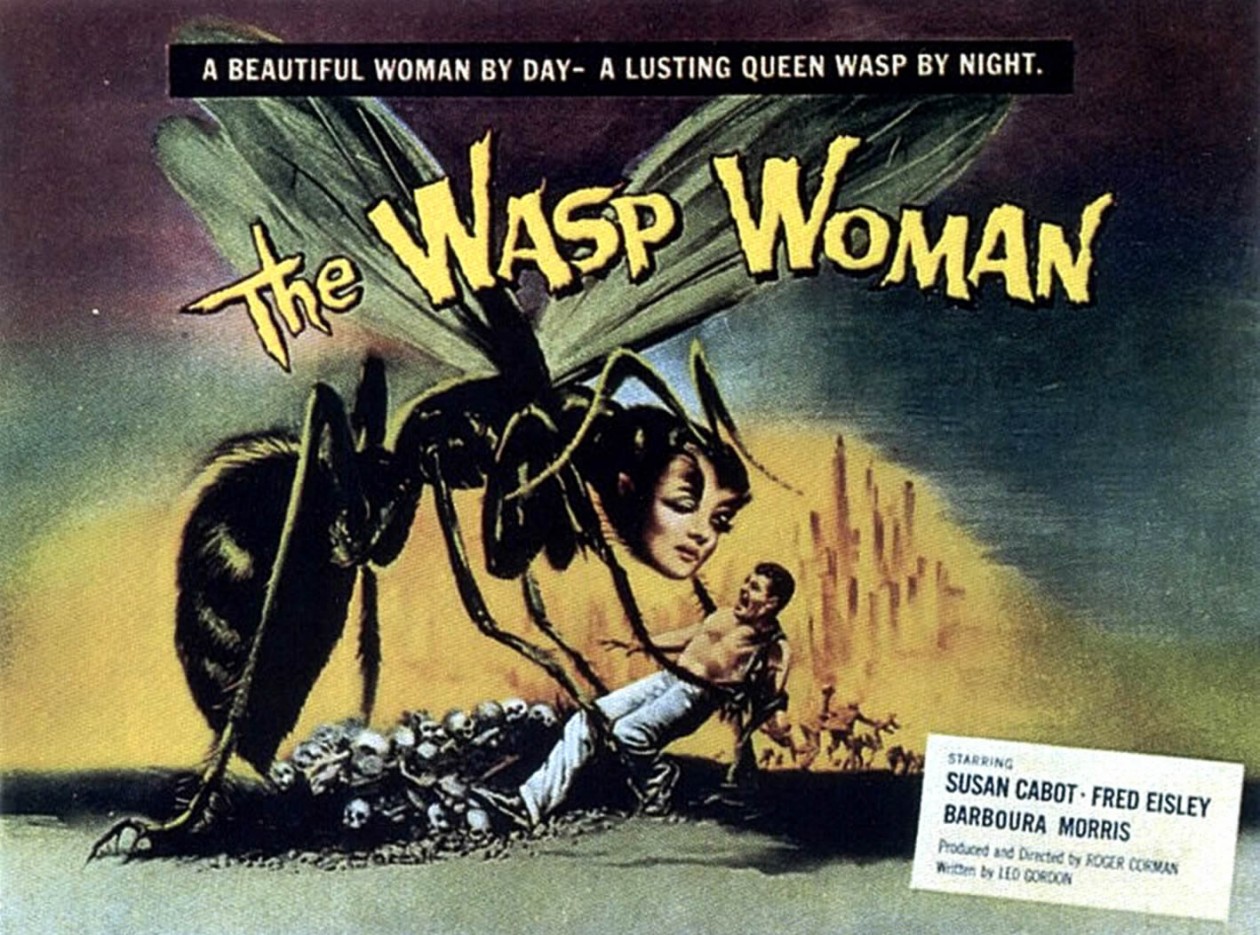Klute seems like a bit of an oddity in noir genre. The stoic, serious male protagonist is there, there’s the femme fatale who’s liberated sexually and whose arc hinges on the male’s, but some of the deviations the film makes from the standard tropes of the genre make it stand out to me.
Firstly, there’s the vastly different levels of nuance between Klute and Bree. Bree is the one providing the voiceover narration from time to time (Klute would fill this role in a typical noir film) and we see every aspect of her life, even those when she is alone and living her life outside of the plot. One could argue that this adds to the voyeuristic layers of the film, since we pry into her activities in a way we do not with anyone else, but I believe that this helps strengthen and build her character. Bree’s character is built upon complexity, from the various ways she fills her time (sex work, acting, therapy, etc.) to the conflicted thoughts that run through her mind (the one that particularly stood out to me was her weighing the positives of her detached sex work with the intimacy of her relationship with Klute).
Compare this to John Klute. By the end of the film, we know nothing about his life, have not seen him without some relation to another character, and don’t get any major insight into his thoughts or ulterior motivations. It’s almost a wonder that he is the film’s titular character.
Bree’s character arc does ultimately occur due to Klute’s role in the film, but, if the ambiguous ending hints towards her parting ways with Klute, it shows that it is not entirely dependent on him. Bree is the one that holds the film’s attention, the one who has the most layers, the one that we end up remembering the most. The film is really about her and that, in itself, is a noteworthy deviation.
